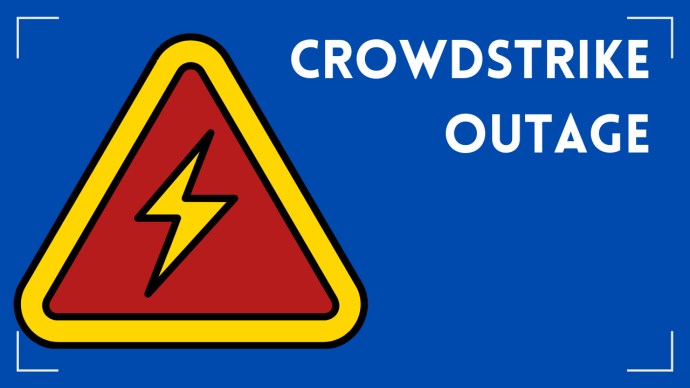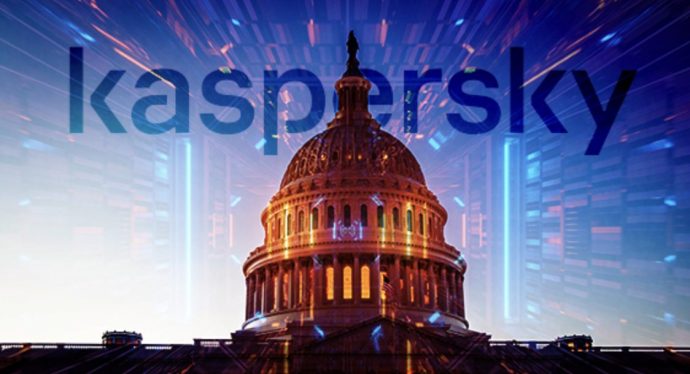Stay Alert Against These COVID-19 Focused Phishing Attacks
Australian businesses are being targeted at an unprecedented rate with the recent COVID-19 outbreak. See how to keep your company — and your staff — safe from these dangerous cybercriminals.
Managing a remote workforce can be challenging even with plenty of time to plan, train and create proactive procedures. When thousands of Australian organizations are forced to move to this model out of necessity on an extremely tight timeline, it’s not surprising that there is a fair amount of confusion brewing throughout the country. Technical teams are struggling to make updates to security procedures, provide training to unsuspecting staff and still maintain a high degree of operational readiness during the COVID-19 pandemic. As your staff members internalize their new normal for the next few months they are often looking for solutions — “solutions” that may turn out to be a cybercriminal attempting to infiltrate your organization or capture valuable personal information. Here are some of the ways that you can help educate your teams on staying safe from targeted phishing attacks.

Be Wary of Clicking Suspicious Links
According to the Australian Cyber Security Centre (ACSC), there’s a significant increase in businesses and individuals being targeted during the COVID-19 pandemic. Sophisticated phishing emails are preying on the desire of people to learn more about the coronavirus situation and how to stay safe, giving cybercriminals the perfect opportunity to gain more information about personal and business finances. Scams are expected to grow in scale and scope over the coming weeks as Australia reels from the impact of this deadly virus. Be watchful for variants of these scams:
- SMS text messages that appear to be from a GOV or GMAIL address, sharing that you need to click a link to determine when to be tested for COVID-19 in your area
- Emails that seem to come from Australia Post or other reliable sources, detailing how to get news about traveling to other countries during the crisis
- Phishing emails asking for personal information that appear to originate from international health organizations, such as the World Health Organization (WHO) or other authorities
- Notices with an attachment that discuss security and safety measures “attached, for your review” — as these messages invariably contain malware that will infect your machine
- Payment relief notices that claim you are eligible to take advantage of an immediate check for thousands of dollars
What is the most frightening is that these phishing emails, SMS text messages and other messages appear to be from valid, legitimate sources containing information that would be interesting and necessary for individuals. Hackers are taking full advantage of the fear that Australians are suffering from during this time of constant change and uncertainty and adding to the confusion within the country. The Australian Cyber Security Centre has defined a full report with instructions for staying safe online during the COVID-19 pandemic, and sharing this information with your staff may be helpful to protect your company’s business systems and confidential customer information.
If you or your company has already been the victim of a cybercrime, please report that quickly to ReportCyber at https://www.cyber.gov.au/report. Encourage staff and family members to navigate directly to reliable resources to find out more information about the COVID-19 pandemic, such as the Australian Government Health Services website. When you need immediate protection and support in the face of the coronavirus confusion, contact the professionals at Sydney Technology Solutions at (02) 8212 4722 or via email to [email protected] to schedule a complimentary initial consultation for specific details that pertain to your unique situation. Our team of cybersecurity experts has a vast range of experience supporting Australian organizations of all sizes, providing an exceptional level of security and protection since 1999.



